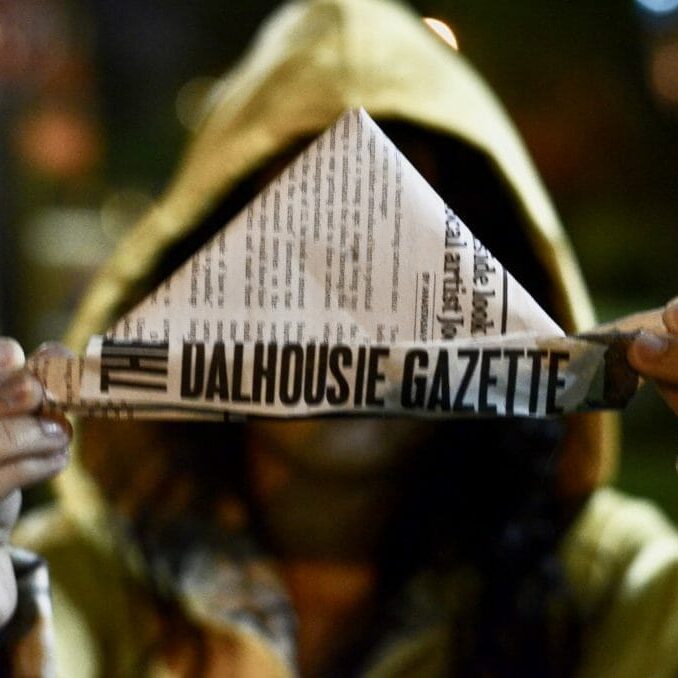
Reconsider that Bob Marley costume
Emulating a culture isn't the same as honouring it
Halloween costumes that appropriate cultures, races, and identities are not cute or clever.
They’re offensive; and for some reason, it’s something our politically ‘woke’ generation hasn’t really stepped up to the plate on. It’s time for a crash course in cultural appropriation at Halloween: what appropriation is, why it’s is harmful, and how it can be stopped.
Why is appropriation bad? It’s Halloween, can’t we dress up as anyone or anything that we like?
Well, no.
Appropriation means taking something that isn’t yours, and pretending it is. This becomes especially harmful when dealing with races and cultures that have been oppressed and marginalized.
When a culture, filled with people of different traditions and appearances, is reduced to one single stereotype, it marginalizes this culture and narrows their identity.
Some examples: the entire country of Mexico being reduced to sombreros and ponchos. Or the many indigenous communities being reduced to “sexy Pocahontas.”
Many of these costumes sexualize or fetishize an entire culture; not only are they reducing every part of this culture down into one, shallow stereotype, but they sexualizing what are considered sacred garments.
But it’s honouring these cultures, can’t they just emulate someone or something that they view as being beautiful?
Again, no.
Emulation is not honouring.
At the end of your Halloween party you can go home, take off your costume, and go to sleep, free of any sort of oppression that the culture you’ve pretended to be a part of has faced.
The black community is told by white people that they need to tame their afros and take out their dread locks because it appears unprofessional, or ghetto, but white people can put in dread locks and dress up as Wiz Khalifa for Halloween?
Cherry-picking the desired aesthetics for a Halloween costume doesn’t also come with the societal obstacles that come with being black.
So, if appropriation is so harmful, why aren’t we quicker to pick it out of a crowd?
How do these types of costumes slip through the cracks?
Due to the festivities of Halloween, it’s easy to forget that this issue continues to oppress and marginalize these communities. At a party it’s easier to let a friend’s cute costume slide because it would cause friction in that friendship –that our friends may be offending is easier to look past.
It’s much easier to point out Hilary Duff’s “Pilgrim and Indian” costume and call her out. Even if we recognized it within our circles and do nothing.
Racism and appropriation can sometimes be awkward to talk about. Especially when it’s our friend, at a fun, festive, and lighthearted Halloween party.
No one likes telling someone that they’re being insensitive, and no one likes hearing they could be contributing to negativity. But it’s up to us to ensure these difficult conversations are had. Being an ally is step one to having a more inclusive campus. These costumes are easy to avoid. So, ask some questions:
Does my costume belong to a culture that is not mine?
Does it sexualize a traditional garment?
It’s an issue that can so easily be avoided, and it is simply a choice of not being ignorant. Be the opposite of ignorant. Look out for it. Be aware.
You’re not being “too PC” by pointing out your friends’ costume, you’re just being respectful to those who’ve been marginalized. A witch, a ghost, a boxer, a police officer. You’ve got options, so next time your friends brings up a Bob Marley costume, tell them to reconsider.






